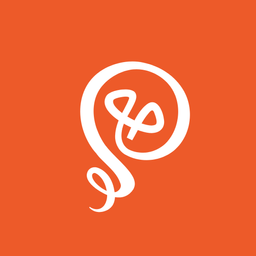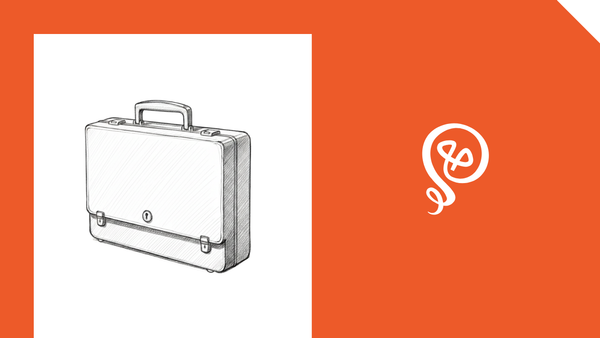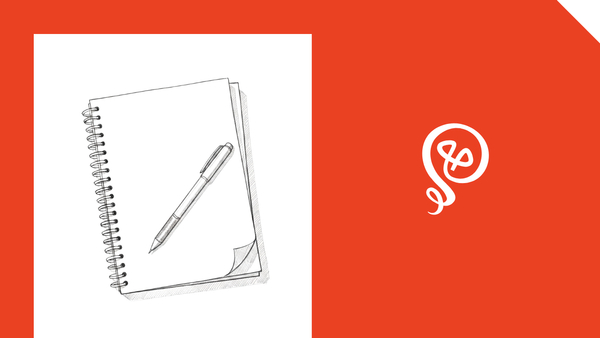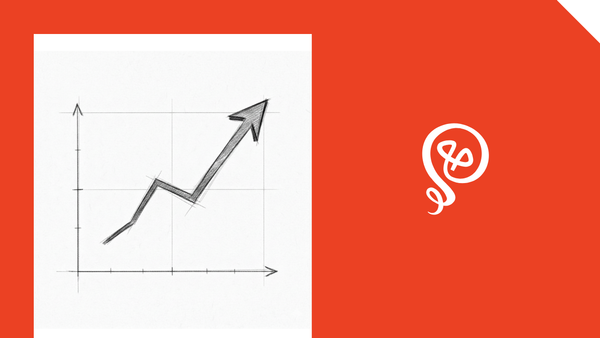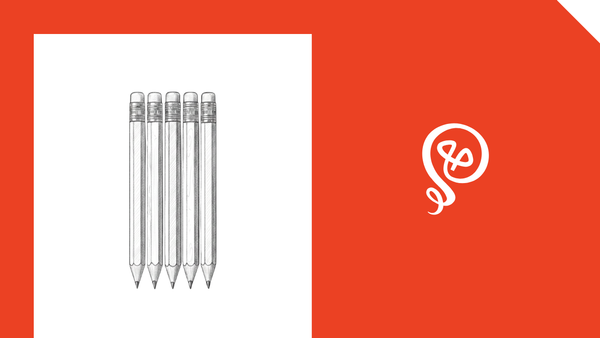Is There a “Right Time” to Start Freelancing? Here Are Some Signals
Know when it’s time to leave your 9–5 job.

“When is the right time to begin freelancing?” is a lot like asking “When is the right time to buy a house?” or “When is the right time to have a baby?”
There’s never a perfect time.
Or if you wait for the perfect time, when you think you’ll have enough clients or have enough in savings, you’ll miss so much opportunity.
I didn’t wait. As a matter of fact, I was thrust into freelancing when I was laid off — like so many other people. It was a way to quickly earn money instead of looking for a full-time job.
But honestly? If I hadn’t lost my job, I would have left it, probably within a few months. The signs were there. I just hadn’t worked up the courage to make the leap yet.
If freelancing is on your mind, here are some things that might help you make a decision.
You think it’s unlikely that you’ll find a dream employer.
One reason people turn to freelancing is that they’re fed up with employers. Usually it’s not just a single employer, but they move from job to job and nothing is the right fit.
Or they’re burned by multiple bad employers (which was my case), and the idea of looking for another employer is exhausting. A job hunt can be really long and often demoralizing. And that’s just to find a job, not necessarily the perfect job.
You may start to think that a great employer is elusive. There are so few really great companies out there that really offer everything: great salary, great benefits, great managers, reasonable work-life balance, growth opportunities, etc. And for those unicorn employers? They have hundreds — if not thousands — of applicants. Landing a job there is like winning the lottery.
So then you ask yourself what you’re willing to give up.
And you find yourself saying that you don’t want to give up anything. You think you’ll be frustrated no matter where you go. You’re willing to give up some stability. Freelancing seems like a better alternative.
You have tested the waters with clients.
While there’s certainly no perfect time to jump into freelancing, it’s not a good idea if you’ve never worked with a client before.
At a minimum, you need a portfolio that shows off your work. And ideally, you have some basic systems in place to send invoices, collect payments, and manage your projects.
Plus, you need to know that clients are willing to pay for what you’re offering. I’m a freelance writer and there’s a lot of demand in my niche. But other freelancers struggle to get clients for work like freelance consulting or fractional roles.
This is all compounded by the fact that there’s not a lot of transparency around freelance pricing. You might be really unclear about what you can charge.
Find yourself a few clients and freelance alongside your 9–5 job. Work out some of the logistics and make sure you really like freelancing. It can seem like a glamorous, flexible lifestyle — but your days will often revolve around client deadlines, chasing unpaid invoices, and marketing yourself.
I was a freelancer for more than two years before I started freelancing full-time. I had a small roster of clients I maintained on the side, working in the evenings and on weekends. I learned a lot from those experiences and was building a portfolio along the way.
And join a freelance community! You can learn a lot from other freelancers.

You have a financial plan.
Is saving up six months of expenses realistic? Probably not, for most people. But you also shouldn’t jump into freelancing with zero plan.
Business will probably be slow for a few months, so figure out the bare minimum you need to earn in order to survive. It’s ok to take low-paying freelance jobs to pay the bills while you build up a better client base.
But you should also have a plan if your freelance income falls short. Are there other ways you can earn money, even temporarily?
In full transparency, when I became a full-time freelancer, my household had my spouse’s salary we could depend on. But it wasn’t like I could bring in nothing. The goal was to replace my former salary as an employee. I told my spouse that if I hadn’t built up enough clients within a few months, I would look for a full-time job again.
Within a few months, I had more than replaced my previous salary.
For that in-between period, we cut back on spending and had some savings.
In 2021, I quit an executive role when I didn’t have another full-time job lined up yet. I was in the final stages of interviewing at two companies, but my backup plan was to freelance until I found a job. I did the math on the absolute bare minimum I needed to earn, writing blog articles for a content mill for pennies.
But I had a Plan B. And you should also. Do the math, and figure out what you need to survive during your first few months freelancing.
You can’t think of anything else.
Once you start thinking about freelancing, you probably won’t stop.
You’ll dream of being your own boss, working with clients you enjoy, setting your own hours. Ultimate freedom.
Your 9–5 job will become intolerable. And maybe the job would be fine for most people.
But you’re not most people. You’re an entrepreneur.
And that’s what it takes to be a successful freelancer. You think of yourself like a small business.
I had the nagging feeling that I wanted to go out on my own. I kept thinking about it. I started imagining days that were solely based on my work. No bullshit meetings. No office politics.
I considered a timeline. Maybe in two years? Maybe in a year? Maybe in six months?
But before I could decide, the decision was made for me when my job ended.
And if something similar has happened to you, I’m sorry. The decision to freelance is better when it happens by choice rather than by necessity.
Yet I’ve never regretted the decision to give freelancing a go. Even though the timing wasn’t what I had in mind, I made it work.
It’s the path I was headed down anyway.
Check out my free eBook: 17 Smart Tools Solopreneurs Need to Start, Grow, and Scale.


